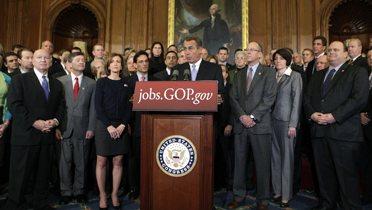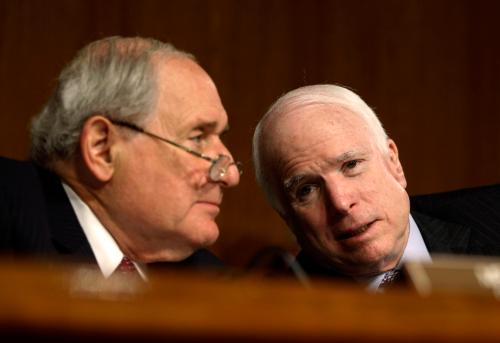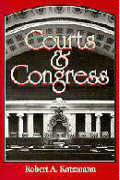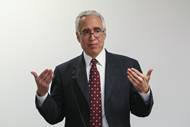Senator Bill First, the majority leader, has often invoked the founding fathers to make his case against delaying tactics like the filibuster, especially when such tactics allow a small number of senators to create what he calls “a tyranny of the minority.”
But he has shown almost no interest in the founders’ similar concerns about tactics that accelerate Senate action, even when those tactics enable a handful of senators to effectively deny the chamber the possibility of reading a bill, let alone debate it.
There is plenty of minority tyranny, for example, in the conference committees that Congress uses to spur legislative agreement between the two chambers. Such committees clearly bypass the founders’ inefficient back-and-forth in which the House and Senate are supposed to trade versions of legislation until they finally reach agreement.
These committees have become more powerful over the years, in no small part because Congress stopped instructing them to stay within the four corners of the versions of legislation at issue. In the 2003 conference over President Bush’s energy bill, which eventually failed, conferees added $277 million in subsidies for environmentally friendly shopping malls, including one in Shreveport, La., that would have included a Hooters restaurant. As President Ronald Reagan once said, an apple and an orange could go into a conference committee and come out a pear.
There is also enormous opportunity for minority tyranny in the writing of omnibus bills, another legislative accelerant the founders might view as a violation of their constitutional design. Employed after the Civil War to handle the onslaught of private pension bills for disabled veterans, omnibus bills were not used for appropriations until 1950.
Since then, they have become a commonplace vehicle for packaging everything from spending bills to highway projects. Last year’s $388 billion omnibus bill not only ran more than 1,600 double-sided pages and weighed 14 pounds, it arrived on the House and Senate floor only hours ahead of passage.
No wonder members missed the provision that allowed Congressional staff members to review the tax returns of individual taxpayers. Although Mr. Frist promised that Congress would work on reforming the use of omnibus bills, filibuster reform has taken precedence.
The founders would also certainly object to the secret gangs that Congress and the president have used to reach compromises on Social Security, budget cuts and tax reform, not to mention the Gang of 14 that put the judicial filibuster on hold, pun intended. As James Madison noted late in his life, “A popular government without popular information or the means of acquiring it is but a prologue to a farce or a tragedy or perhaps both.”
Absent the threat of war, history actually suggests that the founders would prefer the filibuster to these accelerants. Whereas conference committees, joint committees and omnibus legislation reduce transparency and accelerate action, at least filibusters force members to declare themselves.
Mr. Frist is not likely to move against these legislative accelerants anytime soon. They help him to enforce party discipline and show strength before his expected presidential campaign. And in any case, Mr. Frist and his supporters have never been interested in stopping minority rule. Conference committees that produce the right legislative packages are fine, as are omnibus budget bills that reward the right members and filibusters that stop the wrong judges.
Despite his rhetoric about the tyranny of the minority, the majority leader has been mostly concerned about the tyranny of the minority opposed to him. That is something the founders, politicians as well as philosophers, would surely understand.










Commentary
Op-edFilibusters Are Only Half the Problem
June 3, 2005